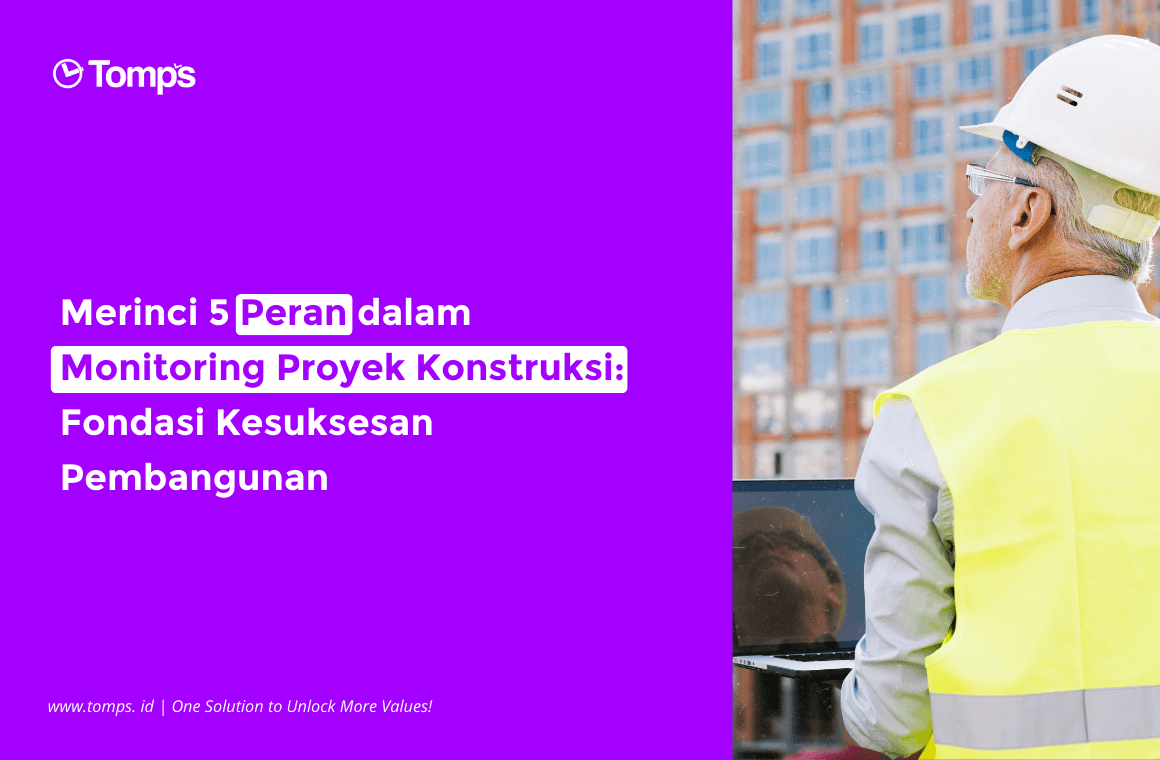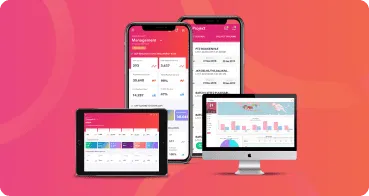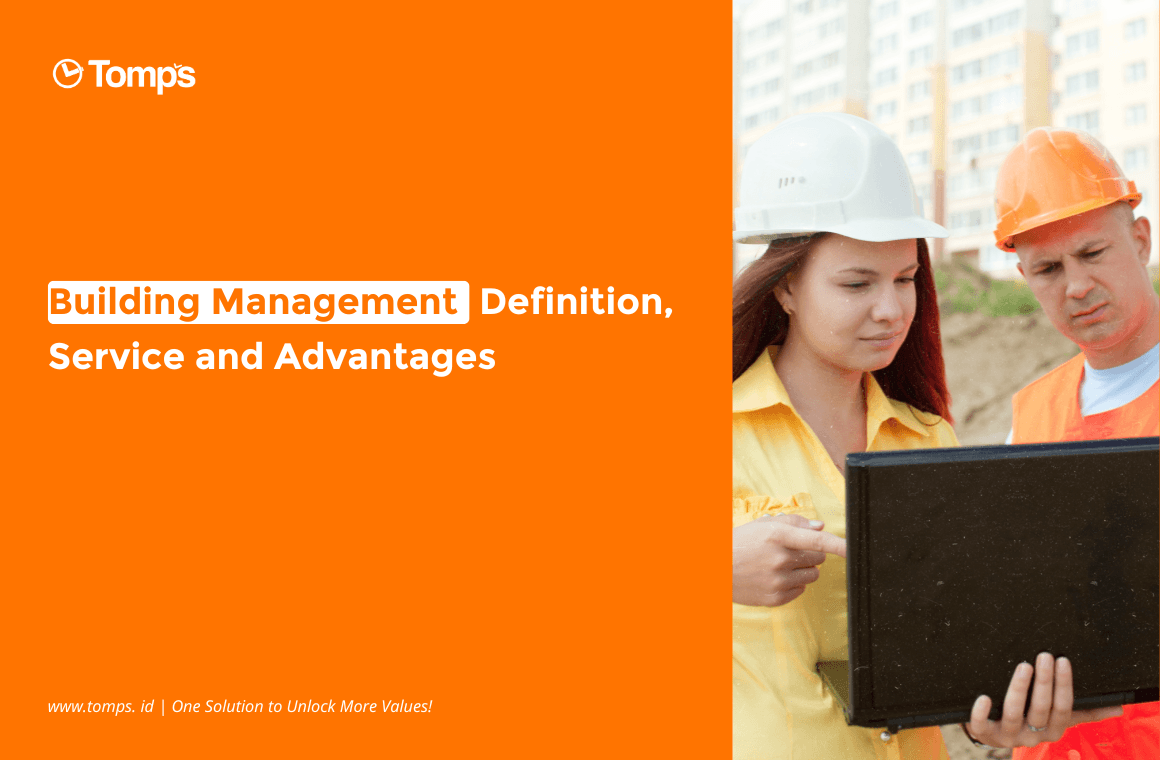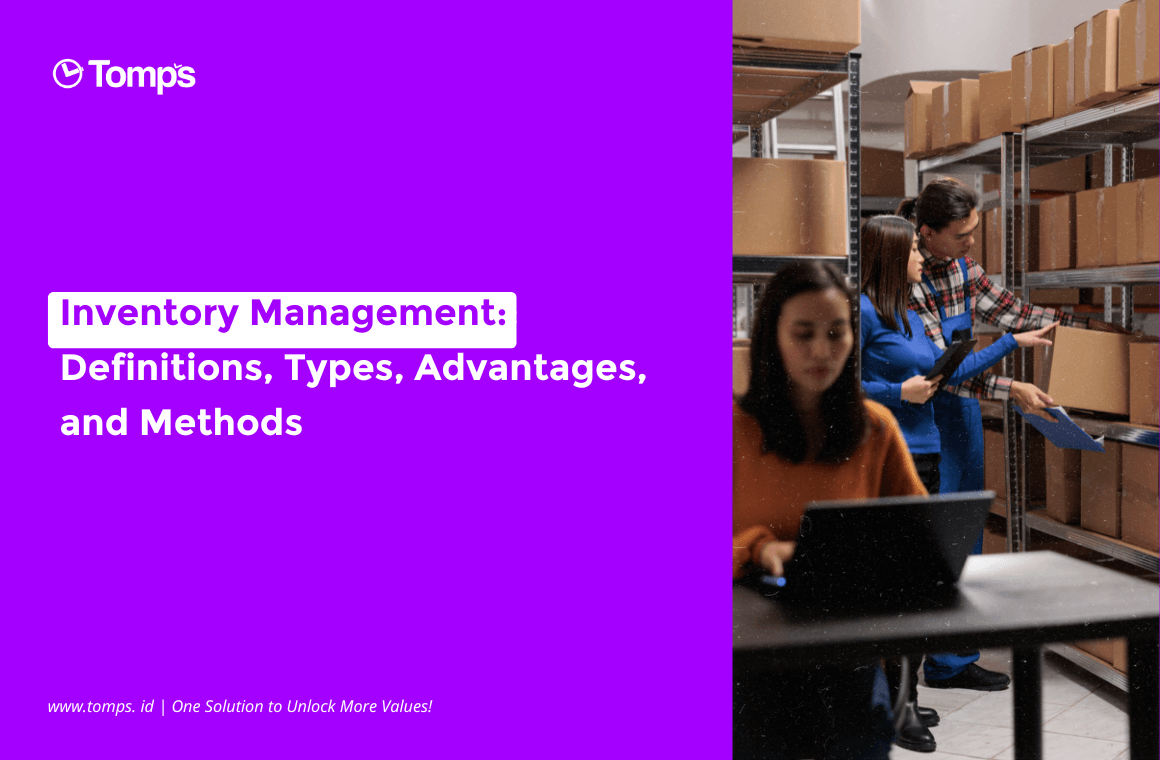Monitoring construction projects is the key to successful development. Monitoring provides insight and knowledge to keep work on track. What is the role of monitoring a construction project, and what are some tips for monitoring it well? Read more below.

Construction Project Monitoring Role
As seen from the surface, monitoring construction projects seems simple, but in fact, the impact is very large. Monitoring construction progress and evaluating it is an important component of development that allows project owners to be informed and in control and enables them to make the right decisions to keep work on track. The following are some of the important roles of monitoring construction projects:
- Avoid procrastination. Project managers can spot problems early by constantly monitoring work. That way, before problems arise or get worse, project managers can find ways to overcome them. If it is handled quickly, there is no need to spend a lot of money, let alone re-do the same task.
- Improve communication and collaboration. One of the main roles of construction project monitoring is to help ensure that the project team knows what needs to be done and when it needs to be done. Of course, this will help facilitate communication between all parties, such as contractors, suppliers, project managers, and others. Even if there is collaboration, it becomes easier to organise it.
- Accountability and Transparency Monitoring construction projects provide clear and objective progress, which can be used to demonstrate accountability and transparency. Both are especially important for projects with multiple supply chains or stakeholders. Project monitoring will help build trust within the project management team.
- Better Budget Management Construction projects that are continuously monitored, of course, include the budget. Expenditures can be maintained more effectively because it can be seen in which areas the costs exceed estimates. The team can negotiate to overcome financing that does not meet expectations. Project managers can also optimise resource use and minimise stockpiling.
- Improving QC Quality control certainly becomes easier if the project is monitored continuously. No work is done without following the initial plan, so the quality is guaranteed to meet expectations. The final results of the project will be in accordance with the established standards.
Construction project monitoring tips
So that construction project monitoring runs smoothly, there are several tips that have proven successful. Here are some of them:
- Set clear and measurable goals Setting clear and measurable goals is very important for development and monitoring progress. When creating a workflow, make sure each step is specific, measurable, doable with your team, and relevant. If done correctly, it will create a clear work flow map and make it easier to monitor until the project is completed. For example, make a clear goal such as "in the third week of this month, with a budget of IDR XXX, 95% of the work must be completed." This would be classier than a floating goal like “work must be completed on time.”
- Make the best use of technology. Technological developments also occur in construction projects, and if used well, they will be very profitable and easier, especially in monitoring project progress. Consider investing in construction-related software with features such as task management, time tracking, and collaboration tools. This kind of software will really help visualise progress in real-time and make the best decisions.
- Communicate and provide regular reports. Make sure to always communicate regularly with the team and stakeholders. The goal is to ensure that all teams are on the same track and, at the same time, to monitor the development and progress of the project. Apart from that, progress reports must be submitted regularly so that you can get an idea of where and what the status of the project being worked on is, including whether there are any new problems that have arisen and need to be discussed. During discussions between teams, be sure to discuss if adjustments are needed and so on.
- Take advantage of data-based information. During the project, make sure to collect as much data as possible because, in the future, it may be used to make informed decisions. Analyse data such as project costs, schedules, and resource utilisation for identification of trends and make adjustments if necessary. For example, if there is an aspect of the project that takes longer than scheduled, it is necessary to adjust resources or reassess the schedule. That way, the project continues to run according to plan.
- Collaboration with All Stakeholders Monitoring the progress of a construction project must involve all relevant stakeholders, including project managers, team members, and project owners. Regular communication and collaboration are key to ensuring that everyone is on the same page and working towards predetermined goals. Make sure the communication atmosphere in the project is open so that communication is better and more comfortable.
Important Terms in Construction Project Management
 In construction project management, of course, many terms are used. The following are some terms in construction projects that are often used:
In construction project management, of course, many terms are used. The following are some terms in construction projects that are often used:
- A project owner: Often also called the project owner, is an individual or company that offers a consultant or contractor a project. Cooperation is based on a cooperation agreement (PKS).
- Construction Manager: Representative of the project owner, whose job it is to be in the field and monitor the project. Often shortened to MK, they are in charge of reporting progress.
- Project Manager: the party who accepts or approves the project bid. His job is to lead, supervise, and control every construction activity.
- Project Structure Consultant: Tasked with planning the structure of a project according to the limits of the project owner. They usually work closely with the architect until the structure is reviewed by the project owner.
- Mechanical and Electrical Consultant: His job is to carry out everything related to mechanics and electricity in the project.
- Project contract: An agreement that has been reached between the owner and contractor regarding the construction of the project. The building industry is always evolving, so it's important to stay up-to-date with new methods as they emerge, including learning new tools to track building progress. Tomps by Telkom Indonesia offers mobile and web-based collaborative digital management solutions that prioritise ease in managing company needs via online supervision. Tomps is a professional needs management software that offers a variety of strategic smart features for planning, projects, assets, and buildings that businesses can use on any scale and in various industries. Just visit the Tomps website to get a demo!







